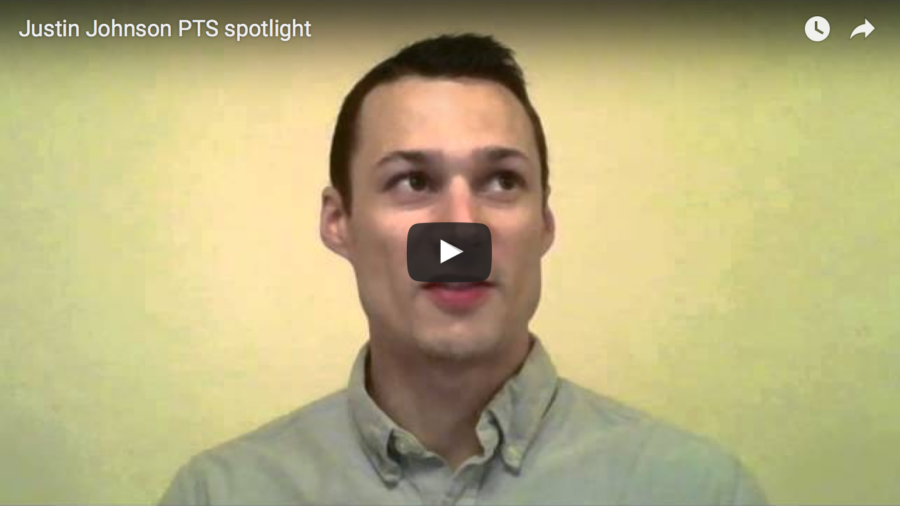Go West, Young Man!
Justin Johnson originally started as a travel physical therapist so that he could move out West and live somewhere that suited his love for the outdoors. Being a travel therapist has enabled Johnson to work in a variety of settings. He has enjoyed each setting for different reasons. He worked at a regional hospital that allowed him to grow in inpatient and outpatient care, specifically with wound care. He also worked in a skilled nursing facility where he felt the director and therapists were awesome team members.
He also enjoyed a brief stint in acute care, where he says it was a “good, ethical hospital,” and a great patient population to work with. Since these experiences, he has continued living out West, and has spent the last two years working as a float therapist
in a skilled nursing facility.
What to Expect in a Skilled Nursing Facility
Johnson thrives on complex cases, and the SNF setting certainly provides plenty of challenges. He sees a lot of individuals who struggle with the results of a stroke, or cognitive deficits like dementia. He also mentions that there is an interesting social aspect
of geriatric care. As a physical therapist, it’s your job to figure out the safest situation for your patient. You must determine whether or not they can safely return home, or if they need to find other accommodations.
Challenges of Working in a Skilled Nursing Facility
According to Johnson, one of the challenges for a PT working in the skilled nursing setting can be, “Making sure the patient is taken care of and not just the bottom line is being taken care of.” Johnson has worked at several facilities that he believes were ethical, with good management that worked for the best interest of the patient. But, the less ideal locations he has worked at have had too large of patient loads, and unrealistic productivity expectations.
Becoming a Patient Advocate
Johnson feels that the best therapists are also patient advocates. In order to become an advocate, in Johnson’s opinion, it is important to be involved in as many aspects of the patient’s treatment as possible: attend care conferences, help the family find appropriate education on their loved one’s condition, as well as attend nursing meetings. “If you don’t see others’ input you are missing out.” says Johnson. Johnson believes that therapists need to get outside of the “therapist bubble”, and interact with other disciplines. In his experience, being a travel therapist has helped him develop these skills.
Where is he heading next?
Because of the variety of settings and situations where he has worked, Johnson has been able to observe many different therapy models at work. This has given him a desire to do more research and writing as a PT. He has recently been interested in digging deeper into bioethics, and wants to branch out from his PT training to study it more.



